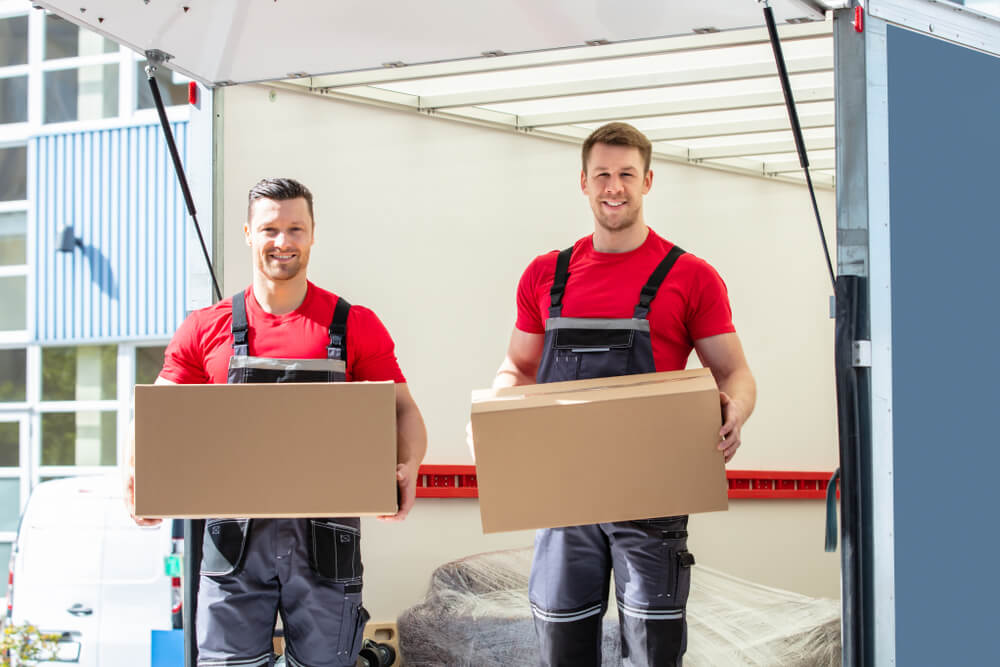Navigating Relationship Woes in London: Turning Disagreements into Deeper Connections
London, with its vibrant tapestry of cultures and fast-paced lifestyle, can be an exhilarating city for dating and relationships. But even in the most romantic of settings, disagreements are an inevitable part of any human connection. It’s easy to view conflict as a roadblock, a sign that something is wrong. Yet, what if we reframed these moments as opportunities – chances to truly understand our partners, strengthen our bonds, and deepen our relationships? In the bustling heart of London, where diverse perspectives constantly intersect, learning to navigate conflict healthily is not just beneficial, it’s essential for thriving relationships according to https://zomgcandy.com/balancing-life-and-love-how-online-dating-fits-into-your-lifestyle/.
Often, when conflict arises, our natural instinct is to either retreat or go on the offensive. Neither approach fosters true understanding. Instead, imagine transforming those heated moments or icy silences into constructive dialogues. This isn’t about “winning” an argument; it’s about learning, growing, and building a stronger foundation with your significant other according to https://eastendtastemagazine.com/discover-cultural-features-of-foreign-countries-traveling-and-dating/.
So, how do you turn a potential relationship meltdown into a moment of connection? It starts with a shift in mindset. Approach disagreements with empathy and respect. Recognize that your partner’s perspective, even if different from your own, is valid to them. This doesn’t mean you have to agree, but it does mean acknowledging their feelings and thoughts.
One of the most powerful tools in navigating conflict is active listening. This goes beyond simply hearing words; it’s about truly understanding the underlying emotions and needs your partner is expressing. When your partner is speaking, put away distractions, make eye contact, and resist the urge to formulate your rebuttal. Instead, focus on comprehending their message. Try rephrasing what you hear to ensure you’ve understood correctly, for example, “So, if I’m understanding you correctly, you’re feeling frustrated because… Is that right?” This shows you’re engaged and helps to prevent misunderstandings.
Clear and honest communication is equally vital. When expressing your own feelings, use “I” statements rather than “you” statements, which can sound accusatory. For instance, instead of saying, “You always make me feel unheard,” try, “I feel unheard when we discuss this topic.” This focuses on your experience and is less likely to put your partner on the defensive. Be specific about the issue at hand and explain how it impacts you.
In a city as multicultural as London, it’s also important to consider cultural differences that might influence communication styles or conflict resolution approaches. What might be considered a direct and appropriate way to express frustration in one culture could be seen as rude or aggressive in another. Being aware of these nuances can help you approach sensitive topics with greater understanding and patience. If you’re in an intercultural relationship, take the time to learn about each other’s communication norms.
Practical examples are everywhere in London dating. Maybe you and your partner disagree on how to spend your weekend in the city – one wants to explore a new museum, the other prefers a relaxed pub visit. Instead of an impasse, try brainstorming solutions together. Can you do both? Can you alternate? Or perhaps you’re clashing over finances, a common stressor for couples everywhere. Here, open dialogue about your financial philosophies and finding common ground is crucial.
Remember, healthy disagreements in relationships aren’t about avoiding conflict altogether; they’re about learning to engage with it constructively. By practicing active listening, clear communication, and approaching situations with empathy, you can transform moments of tension into opportunities for deeper connection and understanding with your partner, strengthening your relationship amidst the vibrant backdrop of London life.














